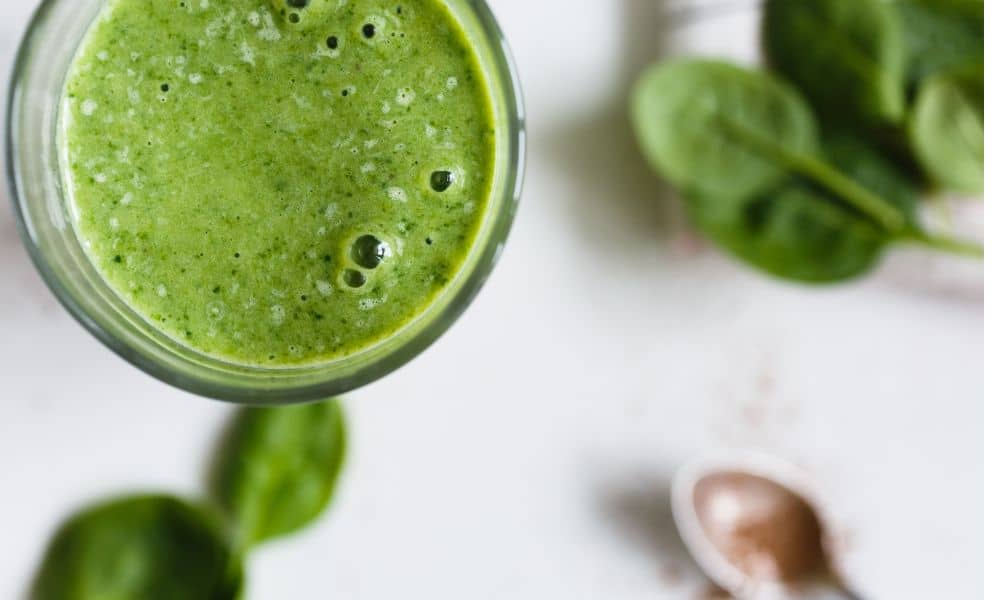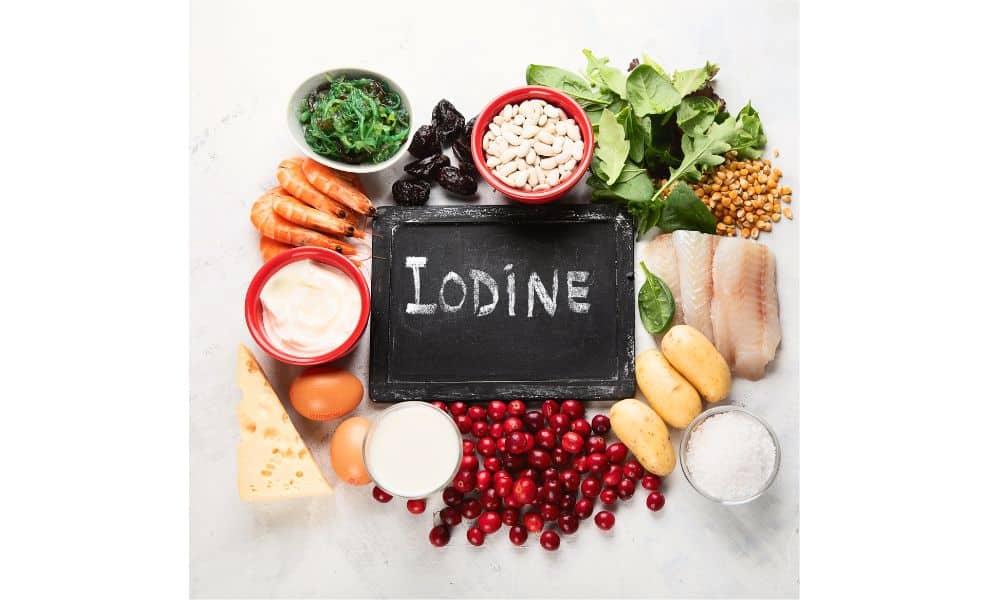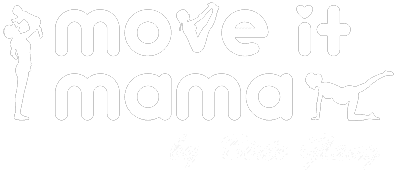Welcome back Mama! It’s time for a closer look at the mysteries of our (vegan) diet and the nutritional deficiencies associated with it. Everyone always talks about how you have to ” take care” of your vegan diet because your body won’t get all the nutrients it needs. But what is meant by
nutrients is not explained in detail. Today I’m opening this Pandora’s box with you to solve the nutritional code. Grab your Lara Croft gear and dive into the nutrient jungle with me!
Today I want to tell you about the most common deficiencies that may occur on a (vegan) diet. You read correctly that “vegan” is in brackets. Why? Deficiency symptoms can always appear regardless of the type of diet. Because no matter how you eat, if you don’t ensure that you get enough nutrients, you will have deficiencies in nutrients such as iron, vitamins and zinc.
So what are nutrients?
In my last blog post on postnatal topics, we looked in detail at the macronutrients (once again, carbohydrates, proteins, fats) within a vegan diet. Now let’s take a more in-depth look at the foods and consider the so-called micronutrients. Micronutrients include vitamins, minerals, trace elements and secondary plant compounds. They also include essential amino acids, which are relevant for our protein biosynthesis. Protein biosynthesis builds new cells and repairs old ones. “Nutrients” is therefore the overarching term for all the components of our food.

The TOP 5 Nutritional deficiencies
The most common nutritional deficiencies in our western society include vitamin D, iron, folic acid, B12 and iodine. There are an incredible number of micronutrients, but I will limit myself here to the most common ones. If I were to tell you about all the micronutrients today, a) we would never finish and b) your head would spin after the first two pages at the latest. But if you have any questions about your nutrition after pregnancy, please feel free to write to me at support@moveitmama.de. To find out if you have any deficiencies, I recommend that you have a blood test done. Just make sure that you also have your vitamin D checked. As a general rule, you can always have a blood test done if you call your doctor first.
Iron – the first mystery is revealed
We females often suffer from iron deficiency because we have a higher need than men due to our menstrual cycle. Our need increases during pregnancy, while breastfeeding and when doing a lot of sport. Iron is needed for the transport of oxygen within our body. An iron deficiency can become apparent through hair loss, tiredness, fatigue and irritability. The best plant-based sources of iron are dried apricots, oatmeal, sesame seeds, pistachios, cashews, chanterelles and spinach.
Why not make yourself a delicious cereal bowl in the morning with oatmeal, dried apricots, cashews and a tasty glass of orange juice to go with it? But be careful: coffee and milk reduce the absorption of iron. It should be said, however, that humans can absorb animal derived iron two to three times better than plant derived iron. Iron absorption is supported by an additional intake of vitamin C.
Vitamin D – Get out of the darkness
Vitamin D is generally only found in very few foods, including fatty fish, mushrooms and sometimes in foods enriched with it. (Denmark and Finland often add vitamin D to their food, as it is much darker there than here). A vitamin D deficiency is often recognisable as a cause and symptom in many different diseases such as depression, autoimmune diseases and diabetes. However, vitamin D is also formed from UV radiation. Especially in the dark season, a supplementation in the form of tablets can be useful. Check with your doctor and get a blood test.
Important for you to remember: the so-called “EDEKA” vitamins. These are fat-soluble. This means that the body can only absorb them well if you take them in combination with fat. E.g. carrots (vitamin A) with hummus. The vitamins in play here are E, D, K and A.

Vitamin B12 – Always tired?
Unfortunately, this vitamin cannot be absorbed through a purely plant-based diet unless you supplement it separately. In an omnivorous diet, you can get it from meat, fish or dairy products, but only if the animals’ feed has been supplemented with B12. . Our vitamin B12 reserves are usually sufficient for a supply of several years until deficiency symptoms occur. These manifest themselves as fatigue, dizziness and tiredness, and even memory problems. Nowadays, however, there are good supplementation options such as toothpaste, tablets and vegan substitutes such as yoghurts and milk.
Folic acid – we are almost at the end of the jungle
Our need for folic acid is at least 300mg and even 500mg during pregnancy. It is most commonly found in green leafy vegetables, which is why you will find it best in raw or very gently prepared vegetables. Folic acid and B12 are team players that support our nerve transmission and help build our DNA. Here are a few inspirations for your folic acid intake: spinach, broccoli, parsley and yeast.
Iodine – the final challenge
Iodine is a trace element that is necessary for thyroid hormone production. Without iodine we cannot survive! Without iodine, our growth, metabolism and brain maturation cannot take place. If you used to see more people (especially older people) with a goiter (an enlarged thyroid gland), it was caused by an iodine deficiency. To include it well in your daily routine, use iodised table salt and try to eat seaweed from time to time.

We have survived the wilderness
My dear Mama, I hope you enjoyed this adventure in the nutritional jungle. Nutrition is a very complex topic and there is no universal diet for everyone. But if we summarise the most important things once again: a vegan diet after pregnancy is perfectly possible. Just make sure, as with all other diets, that you provide yourself with the necessary nutrients. If you are unsure, have a blood test done beforehand and make use of the offer of a vegan nutrition consultation. Go your own way mum and enjoy your diet!
Are there still a few questions left unanswered? Then feel free to contact us at support@moveitmama.de – we’ll be happy to help!
Cheers,
Birte
Try MOVE IT MAMA 7 days for free
We give you a trial week in which you can test MOVE IT MAMA free of charge and without obligation.


